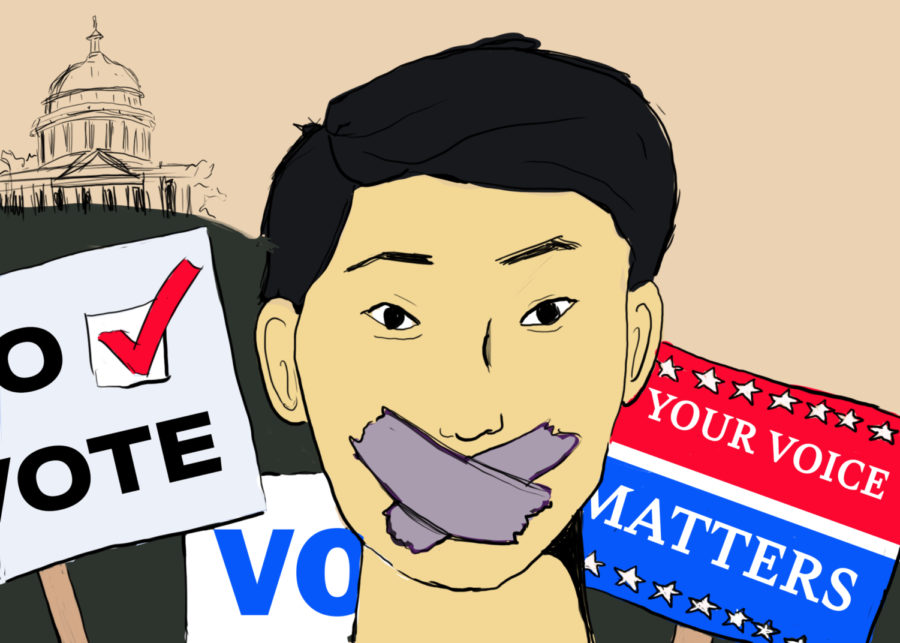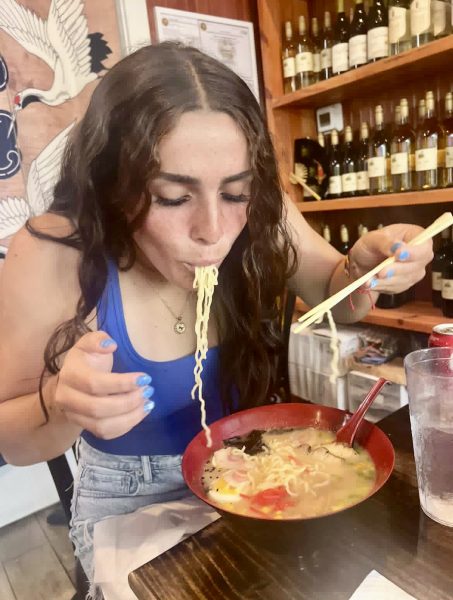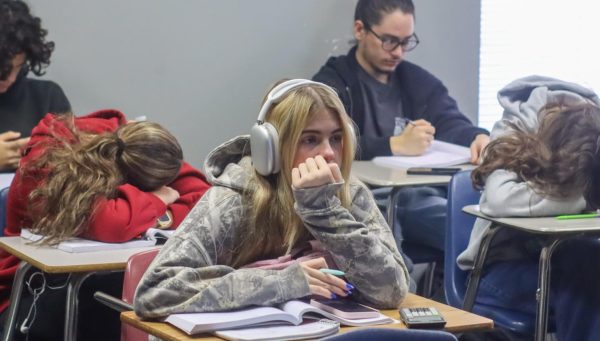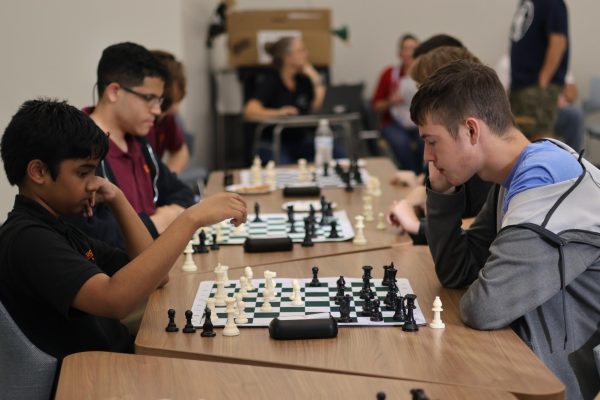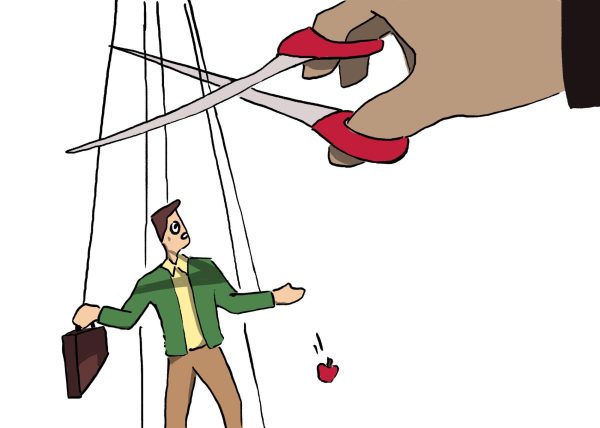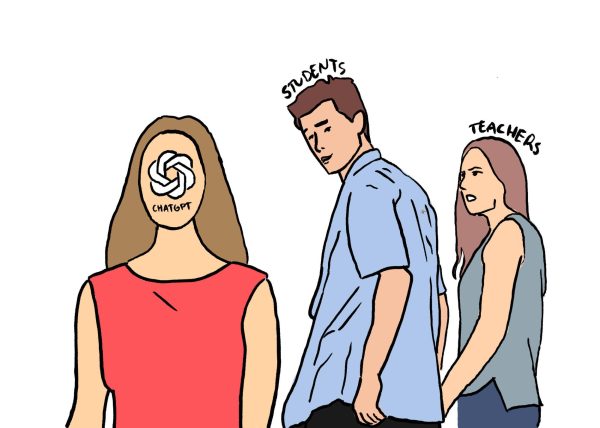A silent voice: why Asian Americans don’t vote
photo by Josephine Lim
Asian Americans are often underrepresented in politics due to their low voter turnout. The reasons for low voter turnout can vary, but are mainly due to the language barrier and the feeling of not belonging in American politics.
When I was in sixth grade, my mom would cook my lunch: rice, beef rendang and peanut sauce. I sat down with my friends, my plate of basmati rice surrounded by burgers, chicken nuggets and pizza. The next day, it would be fried rice, egg and pisang goreng, or fried banana fritters. Every day, my friends would ask me what “odd thing” I brought for lunch, and it became a daily topic of conversation. Those moments drilled one lesson into my head: you are different. You are not American.
As I near the voting age of 18, this thought continually resurfaces. Despite the endless encouragement and advertisements persuading me to vote, I never cared for it, because what was the point in participating in American democracy if I wasn’t American?
Unfortunately, this phenomenon is not unique to me. Although Asian Americans are the fastest-growing racial minority in the United States, voter turnout is among the lowest — 47 percent — compared to 66 percent for Black voters and 64 percent for non-Hispanic white voters.
A major factor for the lack of participation among Asian voters is the feeling of not belonging in American politics, not only because they struggle to reconcile their “Asian” and “American” identities, but also because politicians often overlook Asian Americans as a voting bloc; in 2020, a study found that Asian Americans were contacted by political campaigns 10 percent less than the national average.
Junior AiLinh Vu, a Vietnamese American, thinks that not many Asian Americans choose to vote because of their lack of political knowledge.
“A lot of it has to do with not being politically informed enough to feel the need to make a vote,” Vu said. “A lot of the Asian community that is old enough to vote are disadvantaged by this, and I feel like the responsibility falls onto their first-generation American born children, like me, to help translate ballots and info, and explain what we know about current events to them.”
As of 2018, Asian immigrants have outpaced Hispanic immigrants coming into the U.S., with Chinese immigrants at 149,000, Indians at 129,000, and Mexicans at 120,000. As a result, the large majority of Asian Americans face a daunting language barrier. For these individuals, the language barrier presents an immediate challenge to navigating the election process — and even understanding the ballots themselves. Although Section 203(c) of the Voting Rights Act mandates that translated materials be available at the polls, this policy is rarely implemented in practice. For Vu, her parents’ ability to speak English fluently contributed to her desire to vote.
“If my parents weren’t more involved [in politics], I definitely wouldn’t understand the importance of casting my vote,” Vu said.
Today, young Asian Americans like Vu are driving the rising wave of Asian American participation in American politics. In 2020, the turnout of Asian American voters hit a historic high of nearly 60%, fueled by the wave of Asian American hate crimes that hit the U.S. in 2016. According to New America, Asian Americans are expected to make up one-tenth of all voters by 2044, making them a powerful voting demographic to contend with. For junior Amari Patel, who is Indian, voting is a way to fight back against Asian hate.
“Your voice and vote matter to help change Asian hate,” Patel said. “I think that it sucks that Asian hate exists when it shouldn’t, and voting can help change that.”
As Asian Americans emerge as a force in politics, more and more politicians will hopefully divert more attention and resources to winning their vote. In January 2021, the surge in Asian American voters helped flip Georgia from a Republican stronghold to a blue state.
“As a smaller demographic, we need as many people from the Asian American community as possible to vote so that we will have a voice and representatives that have our best interests in mind,” Vu said.
Currently, Asian Americans make up just 0.9 percent of elected leaders across all levels of government. Even among states with large Asian American populations like New York and California, representation drops off. Hawaii is the only state whose share of Asian American elected leaders is nearly equivalent to its population. To Patel, this marginalization of Asian Americans can clearly be seen.
“I feel like we are [underrepresented in politics], we aren’t spoken to, we are discriminated against,” Patel said.
When Nov. 8, 2023 rolls around, both Vu and Patel say they definitely plan on voting and making their voice heard.
“Being in a diverse country and having the privilege to have a say in our government isn’t something we [as Asian Americans] should take for granted,” Vu said. “We should vote so that our community is represented just as well as any other minority.”
Your donation will support the student journalists of Hagerty High School. Your contribution helps us publish six issues of the BluePrint and cover our annual website hosting costs. Thank you so much!

